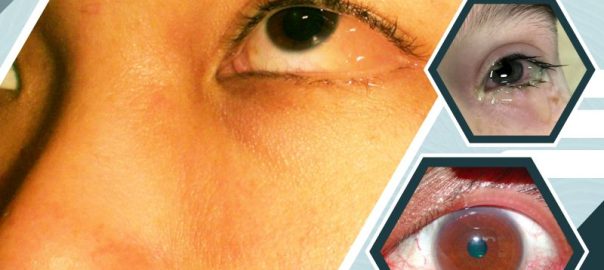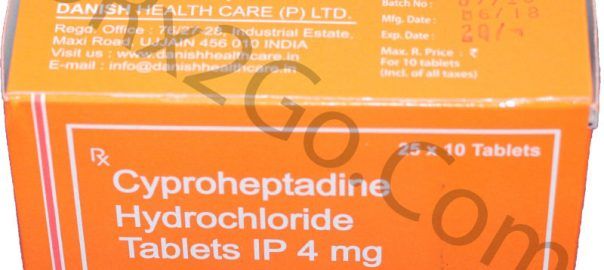Conjunctivitis is an inflammation of the transparent membrane that lines your eyelid and covers the white part of your eyeball. They are more visible especially when a small blood vessel in the conjunctiva becomes inflamed. This is what causes the whites of your eyes to appear reddish or pink. Even though the Conjunctivitis can be irritating, it rarely affects your vision. Treatments can help ease the discomfort of Conjunctivitis because it can be contagious, early diagnosis and treatment can help limit its spread.
Most cases of conjunctivitis are mild. The infection will usually clear up in 7 to 14 days without treatment and any long-term consequences. However, in some cases, conjunctivitis can take 2 to 3 weeks or more to clear up.
Causes of Conjunctivitis
- A chemical splash in the eye
- Allergies
- Bacteria
- Viruses
- A foreign object in the eye
- In newborns, a blocked tear duct
Risk Factors of Conjunctivitis
- Using contact lenses, especially extended-wear lenses
- Exposure to someone infected with the viral or bacterial form of conjunctivitis
- Exposure to something for which you have an allergy
Symptoms of Conjunctivitis
The most common symptoms of Conjunctivitis may include:
- Tearing
- Redness in one or both eyes
- A gritty feeling in one or both eyes
- Itchiness in one or both eyes
- A discharge in one or both eyes that forms a crust during the night that may prevent your eye or eyes from opening in the morning
Individuals with contact lenses should stop wearing their contacts as soon as Conjunctivitis symptoms begin. If your symptoms don’t start to get better within 12-24 hours, make an appointment with your eye doctor to make sure you don’t have a more serious eye infection related to the use of a contact lens.
Diagnosis of Conjunctivitis
Usually, your doctor can diagnose Conjunctivitis by asking questions about your symptoms and recent health history. Oftentimes, your doctor may take a sample of the liquid that drains from your eye for laboratory analysis. It may be needed if your symptoms are severe or if your doctor suspects a high-risk cause, such as a serious bacterial infection, a foreign body in your eye, or a sexually transmitted infection.
Treatment and Medication for Conjunctivitis
Treatment for Conjunctivitis is usually focused on symptom relief. Your doctor may recommend using artificial tears, cleaning your eyelids with a wet cloth, and applying cold or warm compresses several times a day. Mild cases of Conjunctivitis usually don’t need any treatment and clear on their own within a few days to about 14 days.
Conjunctivitis caused by a virus doesn’t require treatment unless it’s caused by herpes simplex virus, varicella-zoster virus, or sexually transmitted diseases. In these cases, an antiviral medication may be prescribed. Antibiotics for Conjunctivitis caused by bacteria reduce the length of your symptoms and the amount of time you are contagious.






